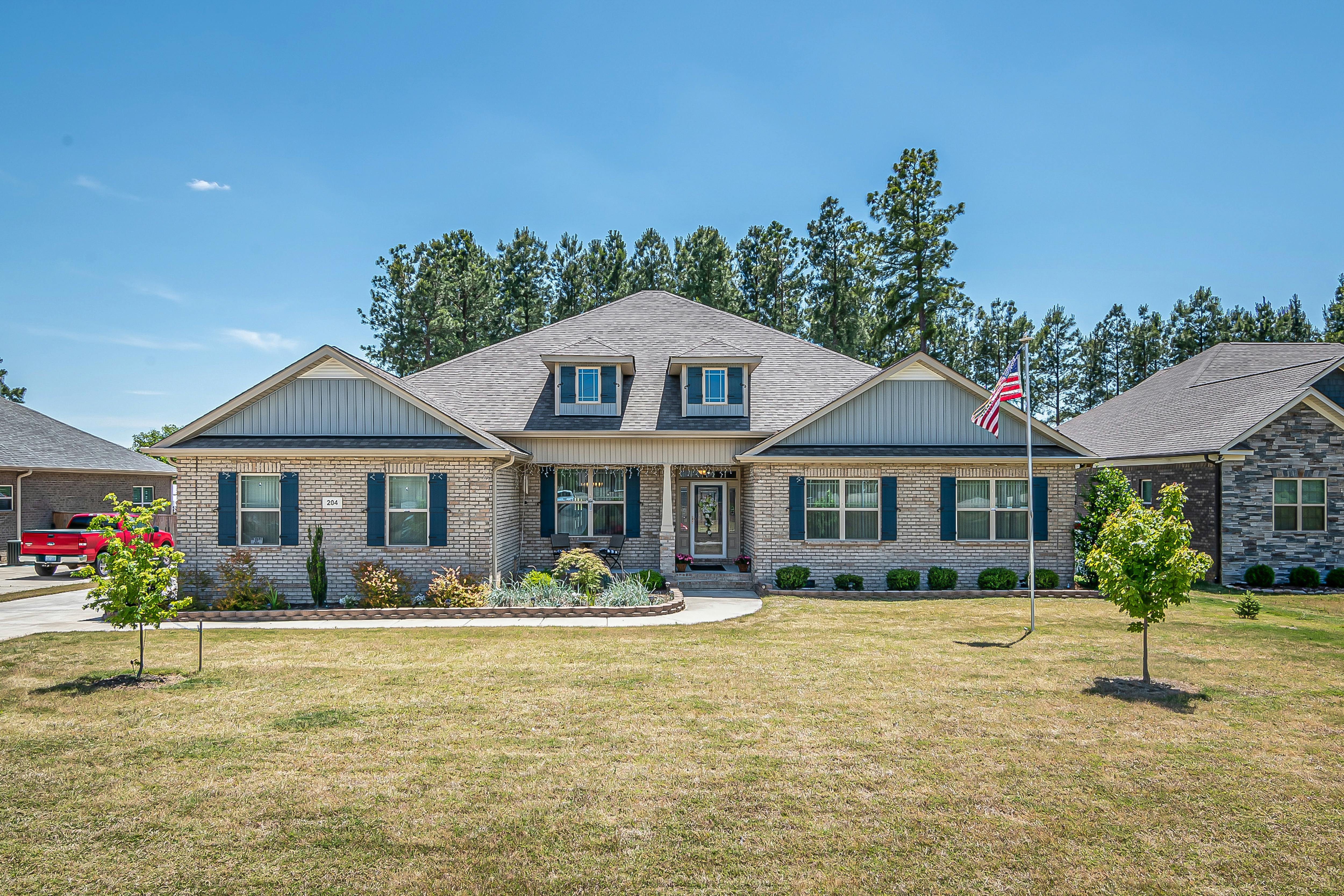Learning to turn around foreclosures is an on-the-job learning experience, if not more so than the education you would receive in a typical foreclosure boot camp training class.
People have the misconception that flipping foreclosures is easy money and a million dollars can be made overnight. While it is true that you can buy millions of pieces of real estate in a relatively short period of time, it is definitely not as easy as the gurus make it out to be.
Investing in real estate is a complex business. There are so many aspects to understanding about how to turn around foreclosures. There is the legal aspect of it; You must understand foreclosure law, mortgage law, bankruptcy law, real estate ownership and transfer laws, building codes, and laws related to rent. There is the financial aspect; you need to understand how mortgages work, you need to know how to deal with mortgage companies. There is the rehabilitation aspect; you need to know how to estimate the costs of home repairs, and you need to know how to renovate a home, whether or not you do the work yourself or outsource it. You need to understand the real estate appraisal process. You need to know how to research foreclosures to find those that are worth investing in versus those that are not a good deal. You also need to know how to negotiate with homeowners.
How to turn around foreclosures is essentially a 5-step process:
1. Investigate foreclosure leads and weed out the good from the bad.
2. Contact the homeowner or mortgagee, depending on whether you are purchasing the property in the pre-foreclosure stage or after the home has already been foreclosed on to negotiate the sale and contract on the home.
3. Fund the deal, either by getting your own financing or by forming a partnership with a financing partner, and then finance the deal.
4. Renovate the house.
5. Leasing the property or putting it on the market for resale either by the owner or through a real estate agent.
Whether the housing market is experiencing a boom or a bust, there is money to be made. When real estate is hot, you can expect to sell properties fairly quickly and pocket a decent amount of cash, anywhere from $5,000 to $30,000 or even more per deal, depending on the specific deal and the market you’re in. When the housing market is in decline, you can put the property up for rent to cover your mortgage and possibly earn a positive cash flow, then flip the property when the housing market picks up and the home has earned enough equity.




